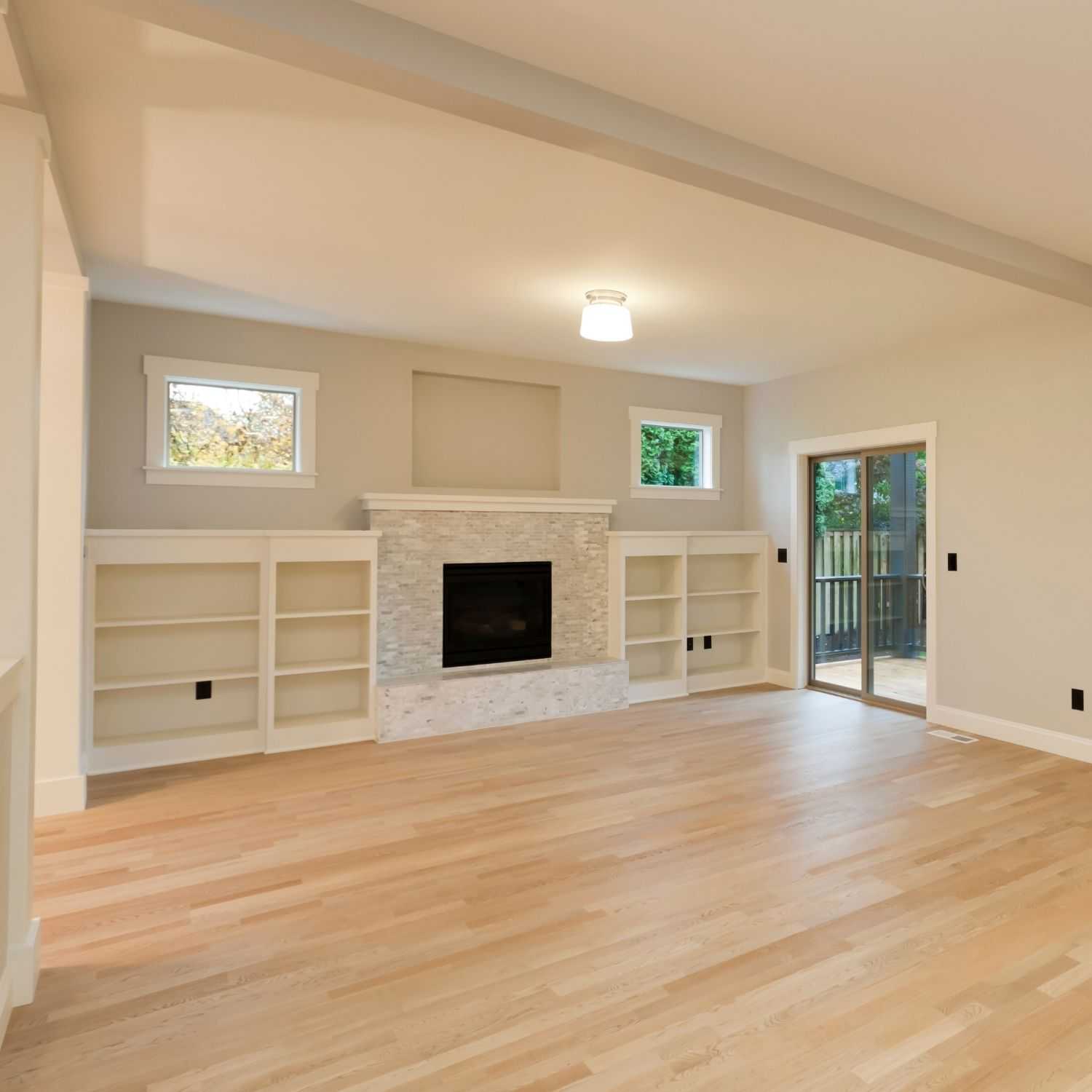Share post:
A mobility lease, or bail mobilité in French, is a letting strategy that involves a flexible rental contract for furnished properties or rooms. It’s designed for people seeking temporary accommodations like business travellers, students, etc.
This is different from vacation rentals (short-term letting) that usually target tourists. It’s intended for people who are temporarily staying in France for education or business purposes.
This type of tenancy lease was introduced in November 2018 under the Elan law, specifically Article 107. Under a mobility lease, the landlord and the tenant come into a short-term rental agreement that lasts between one to ten months at a time.
In this article, you’ll get a deeper insight into mobility leases and how they differ from other letting strategies. You’ll discover why it could be an ideal solution to maximise your rental property investment in France.
Mobility Lease: The Basics and Key Features
If you have a rental property in France, you can consider using a mobility lease since it allows you to maintain flexibility while earning rental profits from your property. It’s a great alternative to other rental options in France like short-term and long-term letting.
Here are some of the basic qualities and facts you should know about this letting strategy.
Duration
As mentioned, a mobility lease is only for 1 to 10 months. It cannot be renewed if the lease covers 10 months. It can only be renewed if the initial lease is between 1 to 9 months, but the extension cannot go beyond 10 months in total. So if the initial lease is for 8 months, the renewal can only be until 2 months.
In case the tenant wants to stay longer, the lease will have to change to a long-term lease. And if the tenant wants to end the lease, they have the right to do it as long as they give the landlord 1-month notice.
Deposit
A mobility lease is also characterised by the lack of deposit requirement. It’s not like standard leases where a landlord can require a security deposit.
While there’s no deposit, landlords can request a VISALE rental deposit. This refers to the VISALE guarantee that tenants can avail from the government, in case they can’t pay rent. It ensures landlords get paid as long as the monthly rent is €1,500 (Paris) to €1,300 (rest of France) and up to 36 unpaid monthly payments.
Fully-Furnished
Properties have specific requirements to meet before they can use a mobility lease. They have to provide decent housing conditions that are fully furnished. Since the target tenant profile is temporarily staying in France, these people would only have their clothing and essentials with them.
There’s also a minimum surface area and list of furniture, equipment, appliances and amenities. Among these include complete bedding, curtains, kitchen appliances (oven or stove, refrigerator with freezer), dinnerware, kitchenware, tables and chairs, light fixtures, cleaning equipment, storage, etc – everything a person would need to live comfortably.
Eligibility
Mobility leases are only available for a specific tenant category. To qualify for a mobility lease, these tenants should be able to prove they are in France as higher education students, interns, apprentices, vocational or professional trainees, volunteers (e.g. civic service), temporary or seasonal workers, etc. Failing to do so would keep them from getting a mobility lease and benefitting from a VISALE guarantee.
Regulations
Apart from the specific tenant profile and strict property requirements, other regulations are specific to mobility leases. Here are some of them.
- In case of a transfer of ownership/management (e.g. sale), the landlord is responsible for informing the tenant of the change. The new owner should also take care of documenting the change (e.g. transmitting the name or denomination, etc).
- The mobility lease agreement should detail the rental payments and charges (e.g. property tax), including the frequency of payments (e.g. every 3 months). The tenant has the right to ask for a rent receipt and the landlord is expected to comply.
- Only the tenant is allowed to terminate a mobility lease. It can be done ahead of the contract expiration but they have to notify the landlord at least a month before through a formal notice.
- A property under a mobility lease can be sublet (as long as there’s a written agreement) but each tenant is responsible for their payments and will not affect each other in case rent charges are not met.
- Landlords are required to get PNO insurance (especially for condominiums) while tenants are obliged to get insurance that covers civil liability, damage caused by water or fire and other rental risks.
Mobility Lease: The Pros and Cons
Why should you consider using a mobility lease as a letting strategy? Consider these reasons so you can make an informed decision about this rental option.
Advantages
Mobility leases offer flexibility for both landlords and tenants. It’s ideal for those who want to keep their property available at certain times a year and those who only need temporary accommodations. Since this type of lease agreement targets students and professionals, landlords have a higher chance of getting responsible and reliable tenants.
The no-deposit policy is also an advantage for tenants. But this is also a good thing for landlords because it allows them to demand a VISALE rental deposit where they get paid even if the tenant fails to make payments. The landlord is also allowed to set the rental price – even if it’s higher than long-term rental averages.
Just like short-term rentals, mobility leases have furnished properties. It makes move-ins easier and it allows landlords to set higher rental fees.
Disadvantages
Mobility lease agreements also come with a couple of challenges you should consider.
It’s not renewable and is strictly for 10 months only. If you want to get another mobility lease, you’ll have to do it with another property. The only time it can be renewed is for shorter lease agreements that want to complete the 10-month limit.
The strict eligibility is also another disadvantage. This is only ideal for students, volunteers, temporary workers, interns, trainees, etc.
The higher rental fee is also a disadvantage for tenants but this gives property owners a higher profit margin.
Mobility Lease: Smart and Flexible Letting Strategy
If you’re interested in using a mobility lease, make sure your property meets the criteria. You should also be clear with your intent to use it as such so you can market to the right people.
It’s also important to learn how to draft a mobility lease agreement. Specific statements and details need to be included and failing to have them might compromise the validity of the agreement.
While it’s a smart and flexible solution to providing temporary accommodations with minimal risks (thanks to the VISALE guarantee), it’s crucial to fully understand the regulations surrounding it.
To ensure you’re not making a mistake, get in touch with a property management company like City Relay that specialises in rental properties in France. You can discuss the benefits and explore the opportunities to maximise your rental profit potential.












